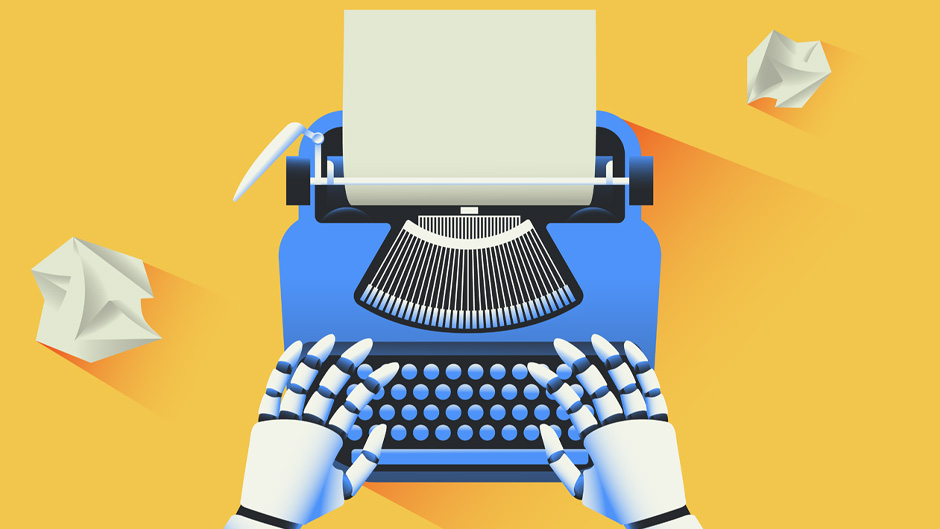As artificial intelligence use grows and media consumers are confused about what information to trust and what to ignore, the University of Miami School of Communication is leading efforts to improve the public’s communication literacy.
One step people can take to separate fact from fake is to attend “Artificial Information: Communication Literacy in the 21st Century,” a one-day forum taking place Friday, April 25, at the Frost Institute for Chemistry and Molecular Science on the Coral Gables Campus.
“In an era of cascading and misleading information, our best defense is to cultivate critical communication literacy, enabling citizens to make informed choices,” said Karin Wilkins, dean of the School of Communication. “We recognize that generative artificial intelligence has the capacity to complicate the production and distribution of knowledge, but believe we meet this challenge through our strong educational programs, leading the conversation through events such as this.”
The conference is just the latest in ongoing projects by the school to help media consumers navigate the onslaught of misinformation and disinformation. The school offers a minor in communication literacy to undergraduate students and an online course that is available to the public. Conference organizers have invited librarians from across the state to attend this month’s forum with the hopes they will return to their communities and lead similar sessions.
“Our goal is to bring together experts in the journalism and AI fields to lead dialogues on rebuilding trust in the media and how AI can be used positively by the communication industry,” said Heidi Carr, assistant professor of professional practice and a member of the organizing committee.
In her classes, Carr notes that students get their news from social media.
“We are in unprecedented times,” she said. “First, we're in an era where people trust influencers who receive compensation for endorsing a product rather than the independent media, which vets its sources.
“Compounding the problem is the misuse of artificial intelligence, which makes it so easy to clone voices, create deepfakes, and alter video,” she said. “We're hardwired to believe what we see and hear with our own eyes and ears, and it's going to take training for all of us to recognize the signs that something put out on social media has been doctored.”
Other members of the organizing committee are Alberto Cairo, associate professor and Knight Chair in Visual Journalism; Lindsay Grace, Knight Chair in Interactive Media; Regina Ahn, assistant professor of advertising; and Rosaura Echegaray, program coordinator at the School of Communication.
The morning keynote address will be given by Anusha Alikhan, chief communication officer at the Wikimedia Foundation. Mike Caulfield, author of the book “Verified: How to Think Straight, Get Duped Less,” and “Make Better Decisions About What to Believe Online,” will present the afternoon keynote.
Participants will also take part in two break-out sessions.
The first panel, “The Importance of Third-Party Fact-Checkers,” will be led by Dana Banker, senior managing editor of the Miami Herald; Katie Sanders, editor-in-chief of PolitiFact; Kim Voet, president and general manager of CBS News Miami, and be moderated by Alee Quick, director of community engagement for the News Literacy Project.
The second panel, “WTP (What the Prompt): Interactive Discussion About AI Literacy,” will be conducted by Pamela Morris, associate professor of communication studies at Indiana University; Ching-Hua Chuan, assistant professor of interactive media at the Unversity of Miami; and Hartmut Koenitz, professor in media technology at Södertörn University, Sweden.
The free event is open to the University community, but seats are limited and must be reserved online by April 21.
The forum is funded thanks to the generosity of the Knight Foundation, the Maribel Perez Wadsworth and Christopher Wadsworth Speaker Series in Communication Literacy, and the Lynn and Louis II Wolfson Family Foundation Fund for New Media.

